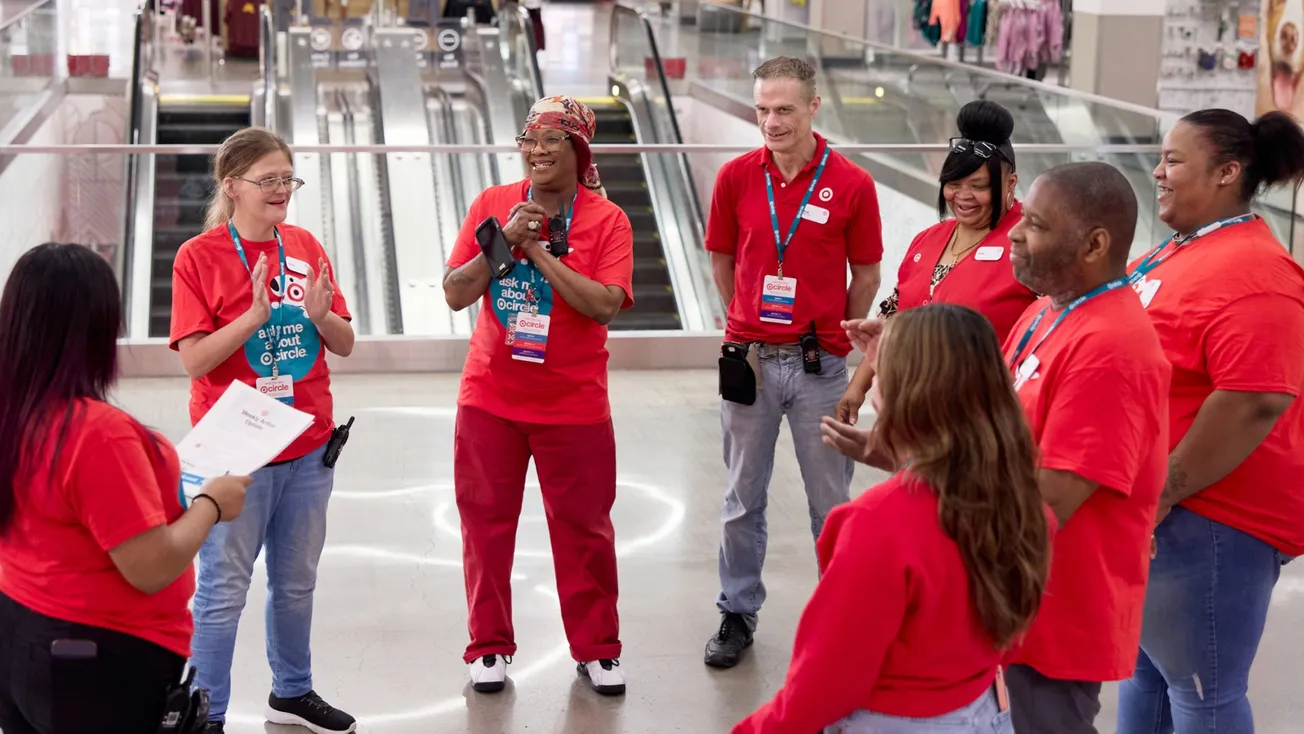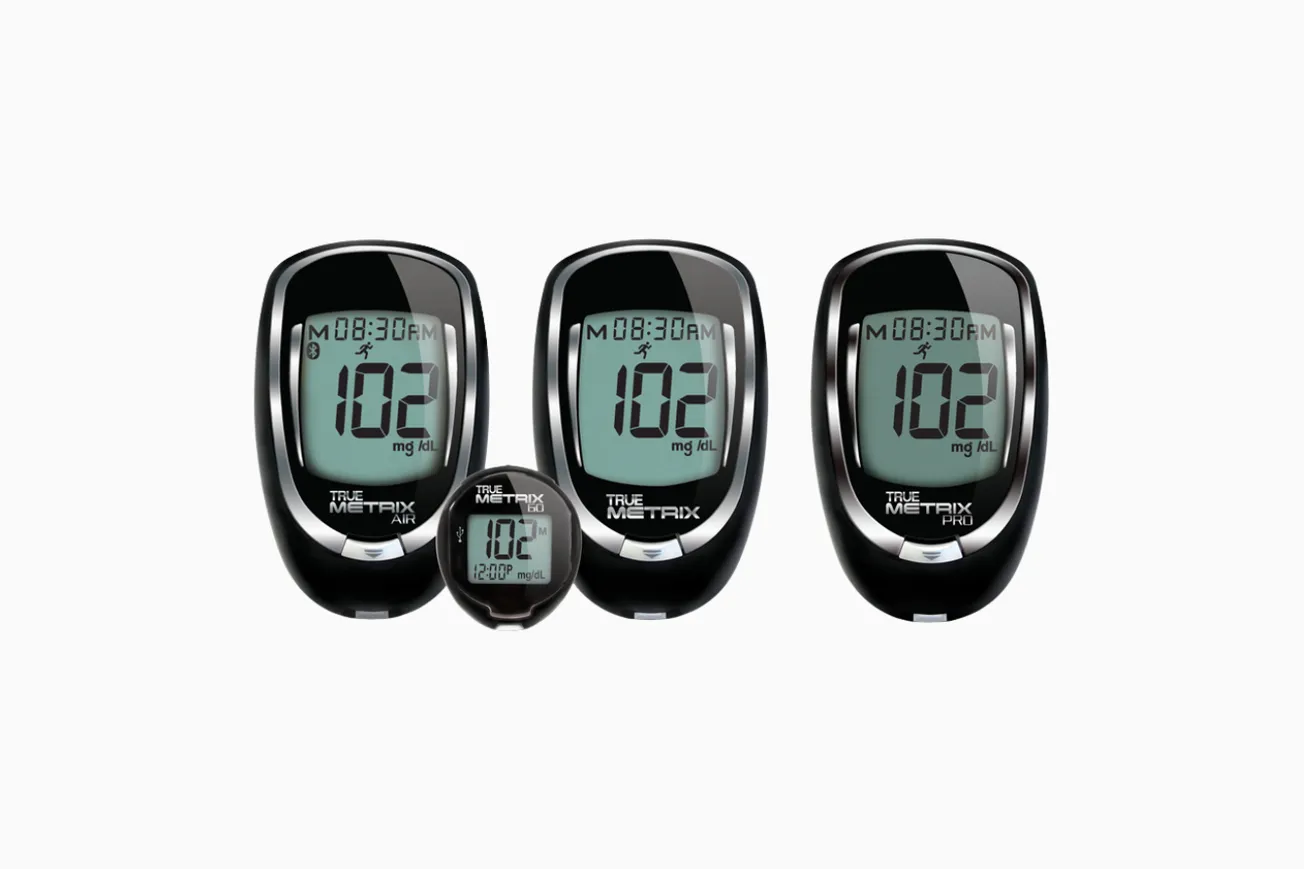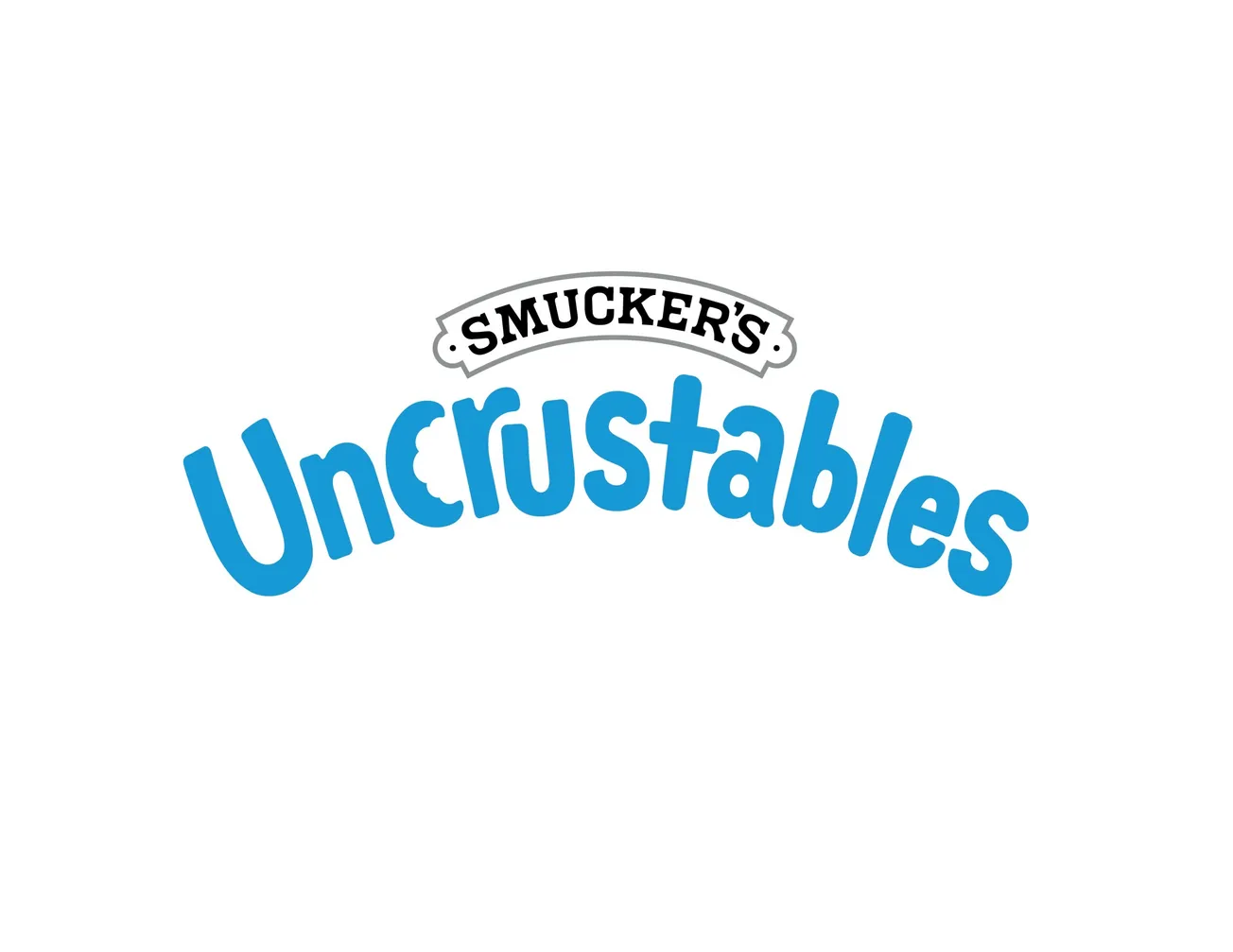WOONSOCKET, R.I. — Voice messages can help promote medication adherence by prompting telephone pharmacy customers to choose automatic prescription refills, according to research by CVS Caremark Corp.
The drug store chain and pharmacy benefit manager said Thursday that its Behavioral Change Research Partnership found that when consumers are presented with a "clear and active choice" in a voice-recorded message to select automatic prescription refills — instead of a passive default notification — they are twice as likely to choose the automatic option.
Troy Brennan, executive vice president and chief medical officer of CVS Caremark, presented the partnership’s findings on Thursday at a Pittsburgh Business Group on Health symposium. CVS Caremark said the presentation continued discussion of research unveiled last month at a Centers for Disease Control and Prevention symposium in Atlanta.
"The preliminary findings show that by making choices clear and by streamlining messages, consumers sign up at twice the rate of those who are passively presented opt-in choices," Brennan said in a statement. "This research will help us develop programs to encourage people to stay on their medications because nonadherence is costing the health care system billions of dollars every year."
CVS Caremark established the Behavioral Change Research Partnership in March to evaluate how behavioral economics impacts consumer health care decisions as a way to better understand why some patients stop taking maintenance medications for chronic illnesses. The panel is led by Punam Anand Keller of the Tuck School of Business at Dartmouth College, George Loewenstein of Carnegie Mellon University, and Kevin Volpp of the University of Pennsylvania Medical School and The Wharton School of Business.
Dubbed "Active Choice," the partnership’s research is testing options in four communication channels: interactive Web sign-ins, in-bound customer calls to care centers, automated outbound telephone calls and direct mail. Thus far, testing has shown that some options offered to consumers today are overlooked because the choices aren’t readily transparent, CVS Caremark noted.
The company added that past industry studies indicate that one-quarter of people receiving prescriptions never fill their first prescriptions, and patients with chronic diseases such as diabetes and coronary artery disease adhere to their ongoing medication regimen only about half of the time.







